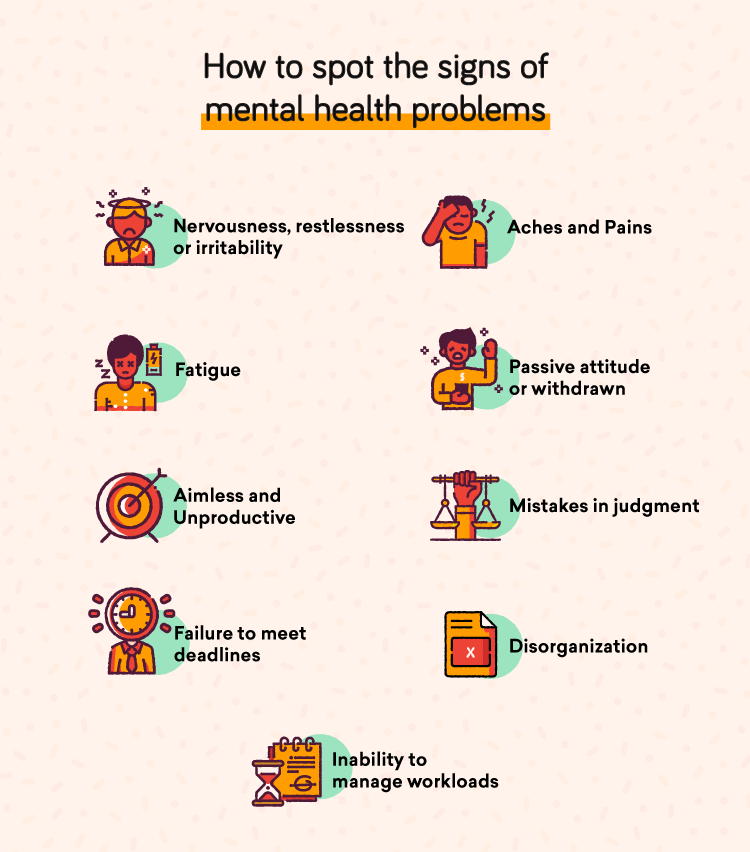Various species of mammals, reptiles, amphibians, and birds lay eggs. Some of these animals lay thousands of eggs each year, and many of these have been eaten by humans for thousands of years. The shells of these eggs to protect the contents inside, which is called the vitellus and albumen. The contents of bird and reptile eggs are similar. These are considered to be very healthy foods. The yolk is the most nutritious part, and it contains a high level of essential nutrients and minerals.
While saturated fat is not as bad as once believed, the U.S. Dietary Guidelines recommends less than 10% saturated fat per day. According to Dr. Joel Kahn, a cardiologist and Food Revolution Summit speaker, eating the yolk may actually help athletes maintain muscle mass while losing weight. Although eggs are high in fat and cholesterol, there are other health benefits to eating them regularly. They can help people maintain a healthy weight and prevent heart disease.
One of the most common questions people have about eggs is whether they’re healthy. Despite their cholesterol content, include chlorine, iron, vitamin A, and B vitamins. Learn more about the specific benefits of eating eggs in your diet. And don’t forget to enjoy them as much as you can! They’re a great source of protein and essential vitamins.
The egg industry was not happy about the results of this study. They were concerned about the reactions of consumers, so they tried to undermine it as quickly as possible. After the study was published, doctors from the egg industry criticized the findings. They pointed out that many of the subjects in the study were heavy smokers. This meant that they failed to account for the smokers’ egg yolk intake. So, even though the study found no connection between eggs and cholesterol, the results are still worth considering.
There are many other health benefits of eggs. Besides being rich in choline, they contain biotin and vitamin A, which help convert food into energy. These vitamins are important for the immune system and promote a healthy lifestyle. They also contain important antioxidants, such as lutein and zeaxanthin. However, the most common negative effect of eggs is their high cholesterol content, and this must be countered.
The American Heart Association has recommended that a large egg is the optimum number for a person’s nutritional needs. In addition to reducing the risk of heart disease, eggs are also high in healthy fats. A large egg contains around 6 grams of protein, making it an ideal choice for a balanced diet. A large egg only costs 15 cents per serving, and a single yolk contains almost half of the protein.
The study found that eggs can increase the risk of cardiovascular diseases. Studies that tracked over 27,000 U.S. adults for more than 20 years have found that individuals who ate two or more eggs per day had a 27% higher risk of developing heart disease. The dietary intake of eggs was also linked to increased risk of breast cancer, ovarian cancer, and prostate cancer. This study was also the first to link a moderate to high egg intake with an increased risk of these diseases.
While eggs are rich in vitamins and minerals, the U.S. Dietary Guidelines recently lifted the limit of 300 milligrams of dietary cholesterol. However, recent studies show that eating two or more eggs per day is not linked to an increased risk of heart disease. Further, the U.S. Dietary Guideline recommends that eggs are not healthy for children. Regardless of their benefits, they are a good choice for a balanced diet.
For years, eggs have been demonized as unhealthy. Traditional doctors still recommend avoiding eggs for heart disease and diabetes because of their high cholesterol content. Luckily, the average egg contains only 186 mg of cholesterol and is therefore safe for most people. While there are some risks associated with eggs, they are considered a “nutrient-dense” food. The high concentration of vitamin D and omega-3s in egg yolks make them a good option for breakfast.
















